

First stop – Kairouan. In the Islamic world, the city is considered the fourth holiest site after Mecca, Medina, and Jerusalem, a seven-time pilgrimage to Kairouan is equivalent to an umrah in Mecca. Here, you’ll enjoy an extended visit to the city’s medina, which will impress even seasoned travelers. Among other sights, you’ll see the Great Mosque of Uqba, regarded as a masterpiece of Islamic culture. Its marble columns were brought from Carthage, and its minaret is a 100-meter, three-tiered pyramidal tower. You’ll also visit the city’s founding site, the Bir Barouta spring, and the Raqqada Museum of Islamic Art.
Second stop – El Djem, with its famous amphitheater, one of Tunisia’s iconic landmarks. And for good reason. The largest in Africa, the third-largest in the world, and the best-preserved monument of its kind, it’s a true gem among the country’s attractions.
The colossal amphitheater rises majestically above the desert and the small houses of local residents. Visitors can imagine themselves as Roman spectators, gladiators in the arena, or an emperor in the royal box. With the guides’ stories, the ancient structure will come alive, filled with vivid images from the life of what was once a grand and important city of the Roman Empire.
For the trip, it’s best to wear comfortable shoes and a hat to shield yourself from the scorching desert sun.
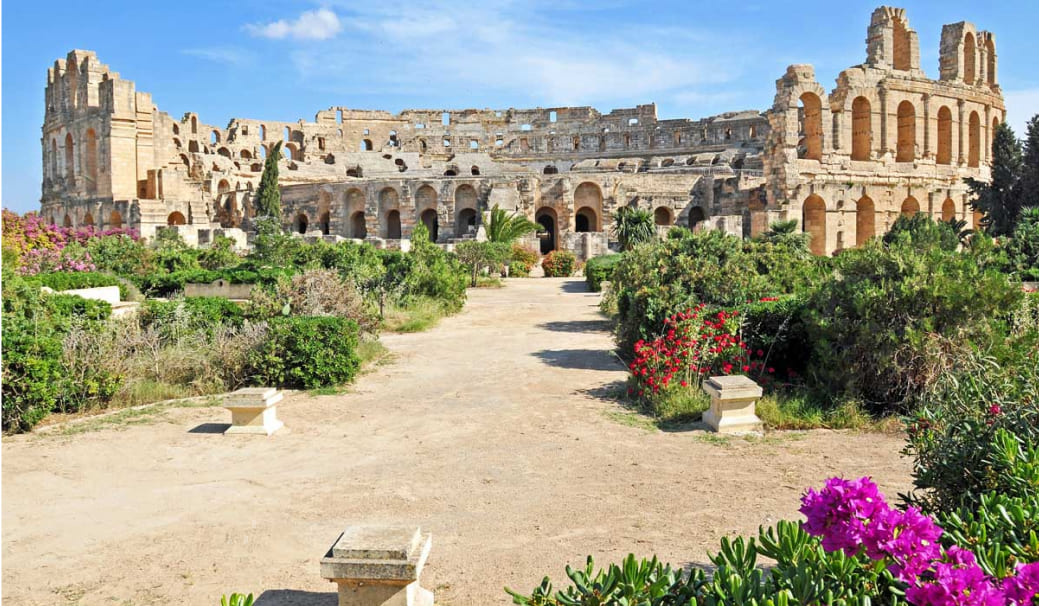
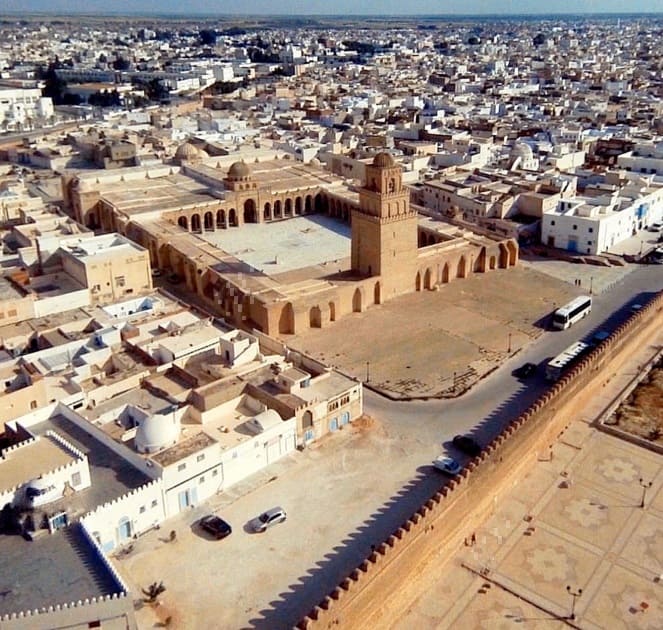
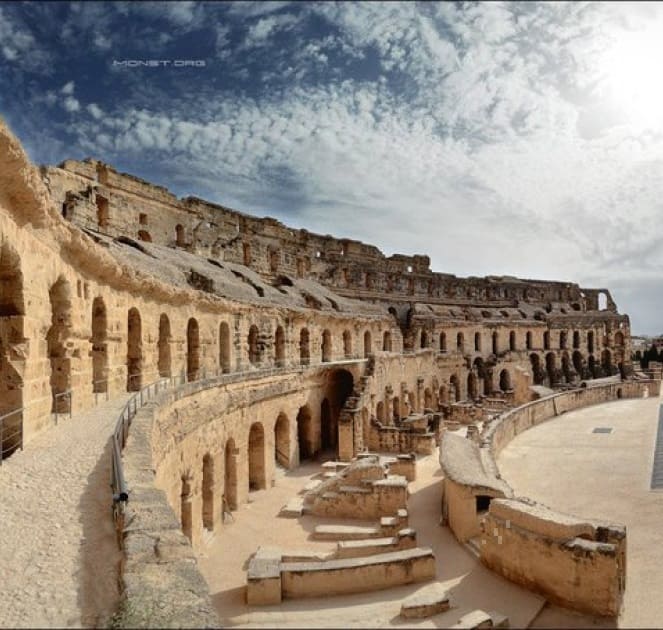
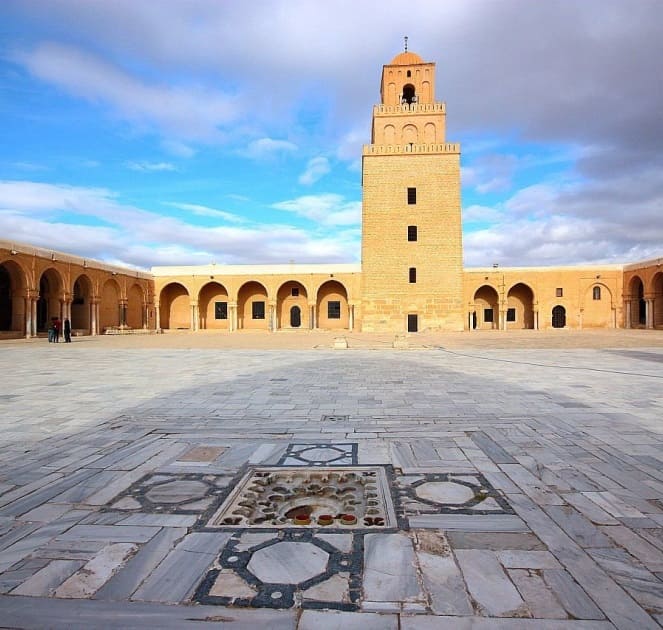
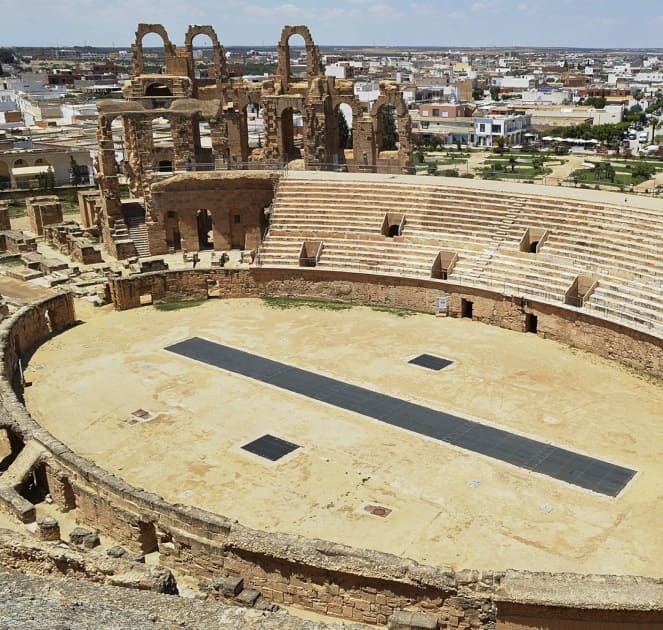

 On all tour routes (except hotels during two-day excursions), it is not possible to exchange currency for Tunisian dinars, and bank cards are not accepted for payment.
On all tour routes (except hotels during two-day excursions), it is not possible to exchange currency for Tunisian dinars, and bank cards are not accepted for payment.
 Tour ticket (paid receipt)
Tour ticket (paid receipt)
 Cash for souvenirs and personal expenses
Cash for souvenirs and personal expenses
 Comfortable shoes are always appropriate for any trip
Comfortable shoes are always appropriate for any trip
 Swimsuit and towel (for tours involving sea outings)
Swimsuit and towel (for tours involving sea outings)
 Medical insurance policy
Medical insurance policy
 Appropriate clothing for visiting religious sites
Appropriate clothing for visiting religious sites
 Hat and sunscreen
Hat and sunscreen
 Sweater or jumper (for trips planned in the evening)
Sweater or jumper (for trips planned in the evening)
 Mobile phone for emergency contact
Mobile phone for emergency contact
 Camera
Camera
 Bottle of water
Bottle of water